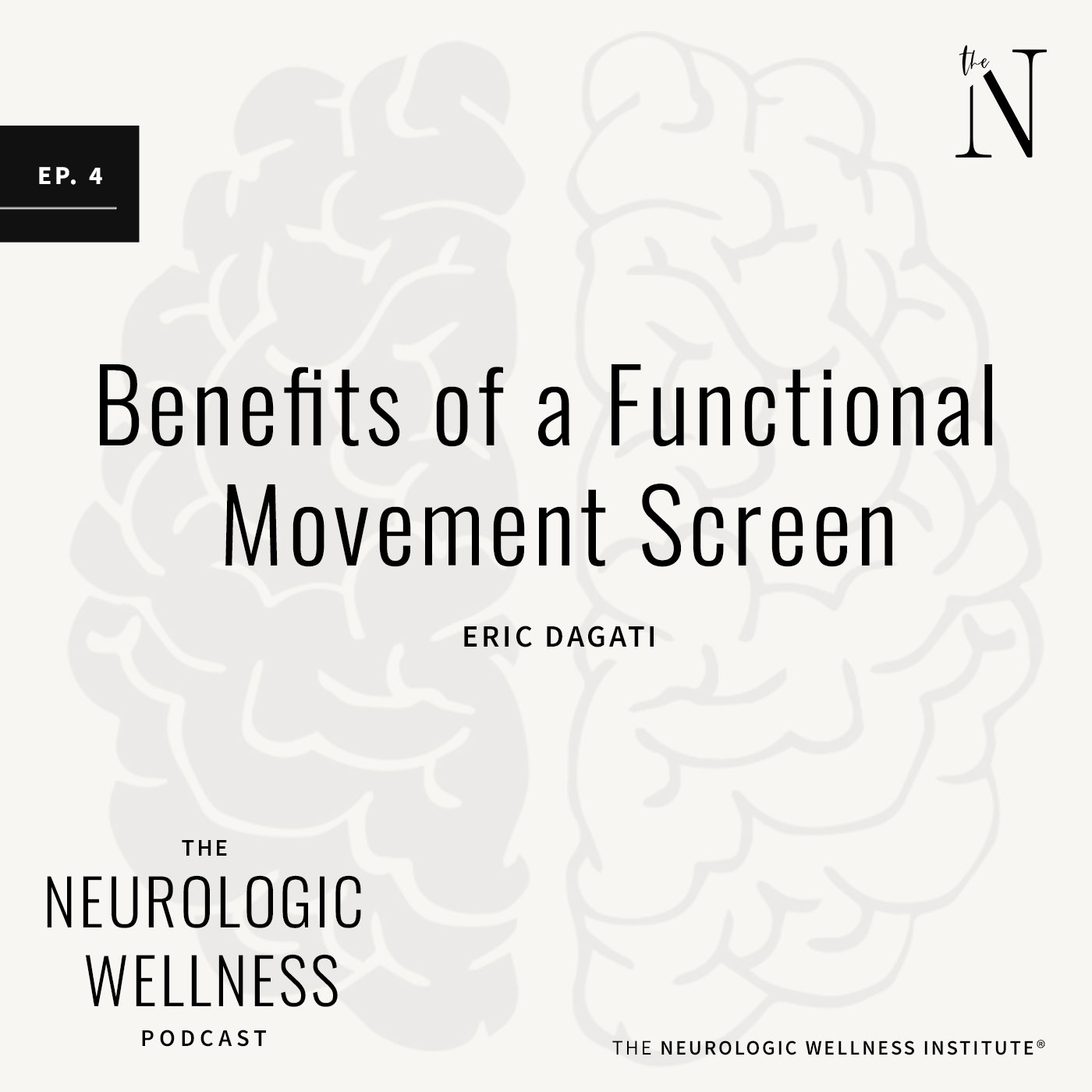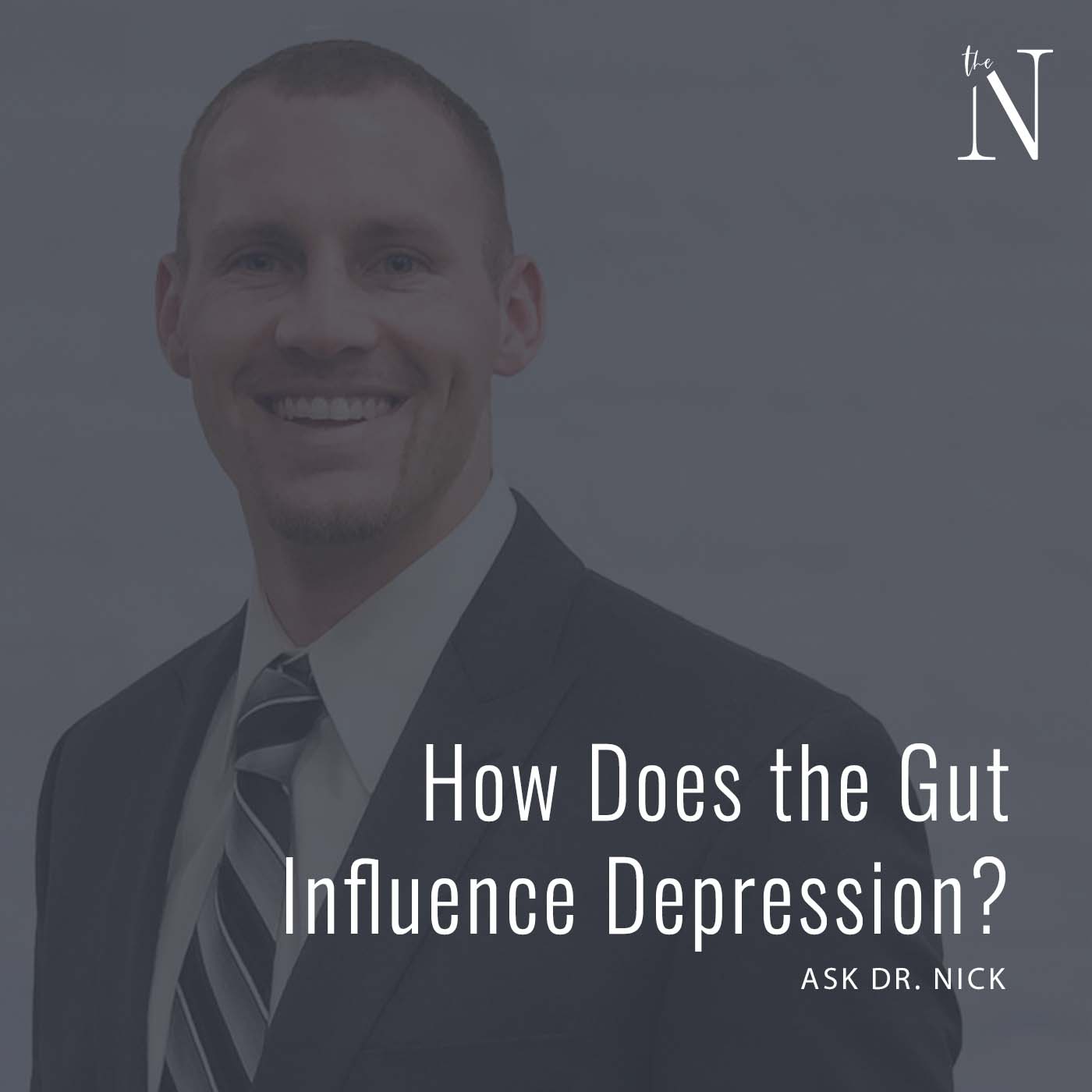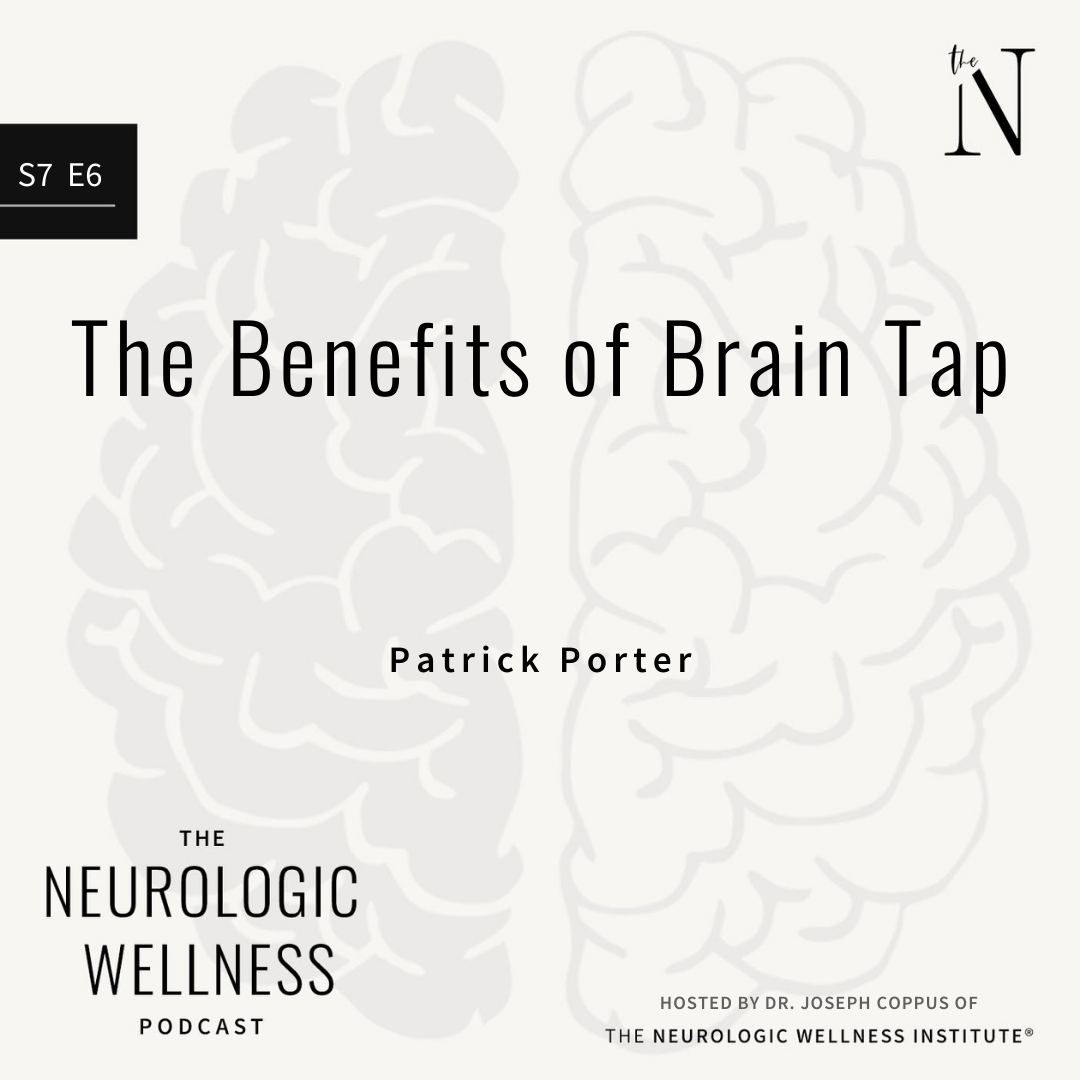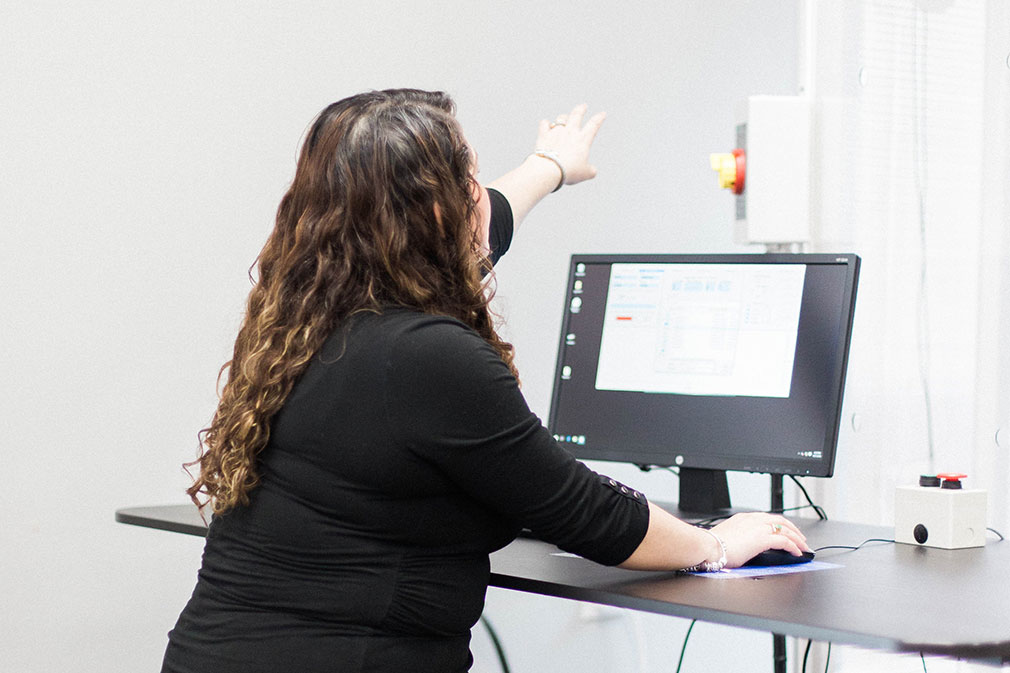Ask Dr. Nick
On today’s episode, Dr. Nick talks about concussion severity in women and how the menstrual phase can influence outcomes. The menstrual cycle is broken up into two main phases: the follicular phase that starts with the first day of menstruation and the luteal phase that starts after ovulation. Each is 14 days long consisting of 28 days for a normal menstrual cycle. One article shows that patients sustaining concussions in the luteal phase have worse outcomes than those sustaining concussions in the follicular phase or those taking oral contraceptives. The hypothesis is that a concussion disrupts hormone release via pituitary gland projections leading to a large drop in progesterone, which is normally only high during the luteal phase. Progesterone is generally anti-inflammatory, and this drastic drop could cause poor healing. At the same time, those taking synthetic progestin via oral contraceptives will not have this drop and hence improved outcomes. Check out the video for more in depth information on how the menstrual cycle affects concussion outcomes in women!
- Wunderle K, Hoeger KM, Wasserman E, Bazarian JJ. Menstrual phase as predictor of outcome after mild traumatic brain injury in women. J Head Trauma Rehabil. 2014;29(5):E1-E8.
- La Fountaine MF, Hill-Lombardi V, Hohn AN, Leahy CL, Testa AJ. Preliminary Evidence for a Window of Increased Vulnerability to Sustain a Concussion in Females: A Brief Report. Front Neurol. 2019;10:691.




